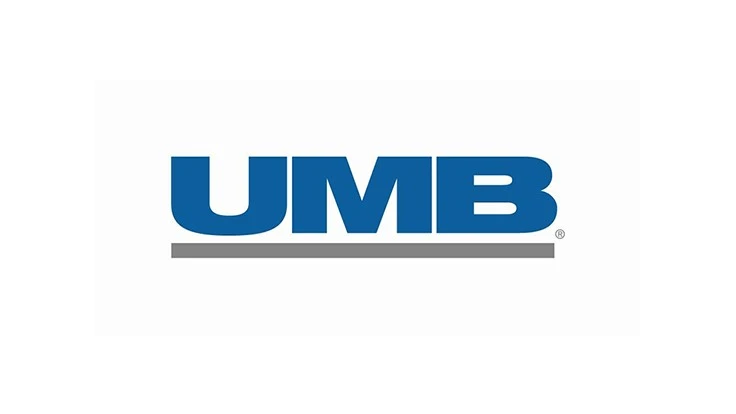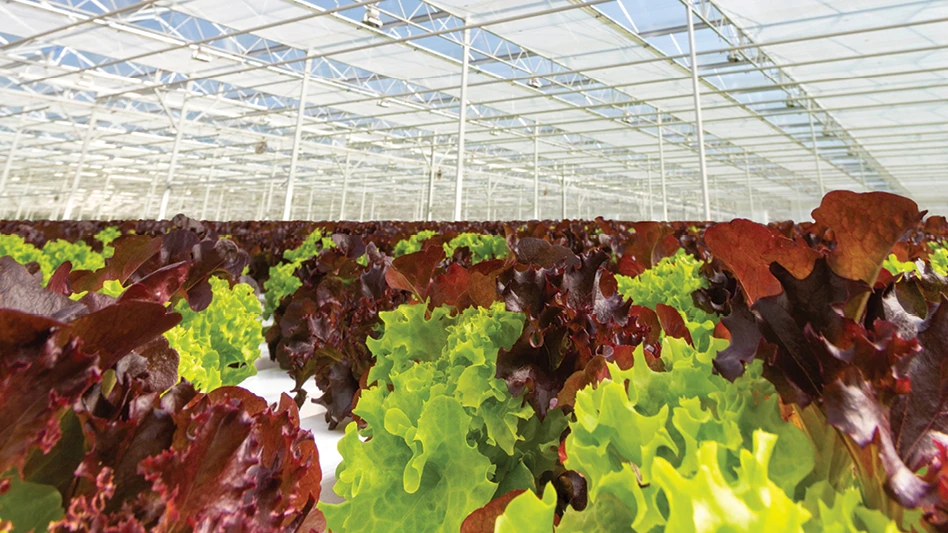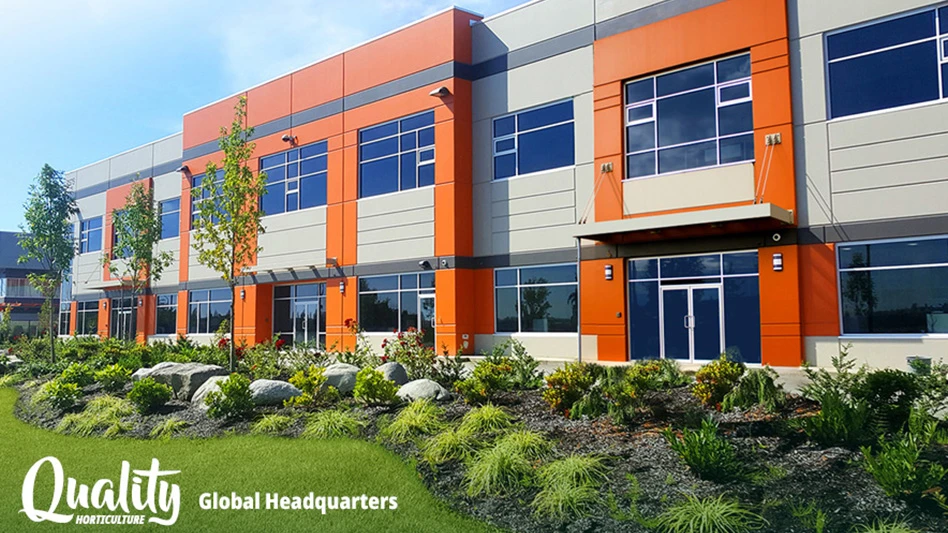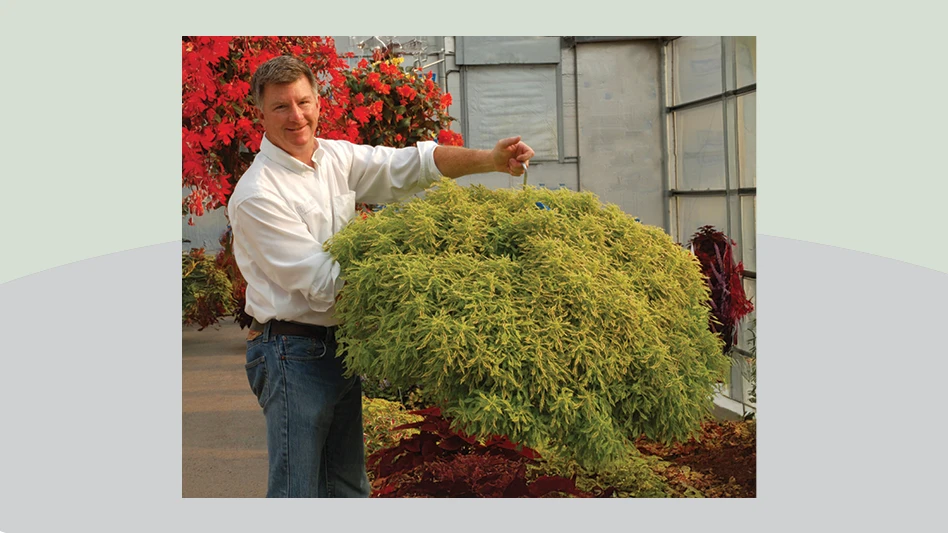

In the growing business, profit depends on a lot of different factors—your industry knowledge, growing and propagating skills, your marketing and pricing strategy, and many times, a key requirement is your access to sufficient working capital to make your plans work.
Working capital is generally defined as a combination of your available cash and lines of credit from your banking partner. And while banks provide this kind of capital to business types across the spectrum, many banks don’t have the industry knowledge and cash flow cycle experience to meet the needs of those in the growing industry.
Without these skills and experience, banks are likely to reduce borrowing availability at just the time when you need it the most, when you are building inventory for the new shipping season. Some banks are also very inexperienced in valuing inventory and understanding the movement of new varieties through the marketing cycle. Without enough working capital to achieve your growing and marketing plans, your profit will suffer, and long term, your business will not prosper as well as you had hoped.
When selecting a banking partner, be sure that they understand your business and communicate with you directly about your needs—and not just about the bank’s requirements. Most importantly, be sure your banking partner represents a relationship that you feel confident in working with through the challenges that are sure to come in the days and years ahead.
Find the power of partnership at UMB.com/partner.
William Watson
President | Agribusiness Division
william.watson@umb.com

Explore the September 2019 Issue
Check out more from this issue and find your next story to read.
Latest from Greenhouse Management
- Happy holidays from the GIE Media Horticulture Group!
- North Carolina Nursery & Landscape Association announces new executive vice president
- Plant Development Services, Inc. unveils plant varieties debuting in 2025
- Promo kit available to celebrate first National Wave Day on May 3
- Applications now open for American Floral Endowment graduate scholarships
- Endless Summer Hydrangeas celebrates 20 years with community plantings
- Invest in silver
- Garden Center magazine announces dates for 2025 Garden Center Conference & Expo





